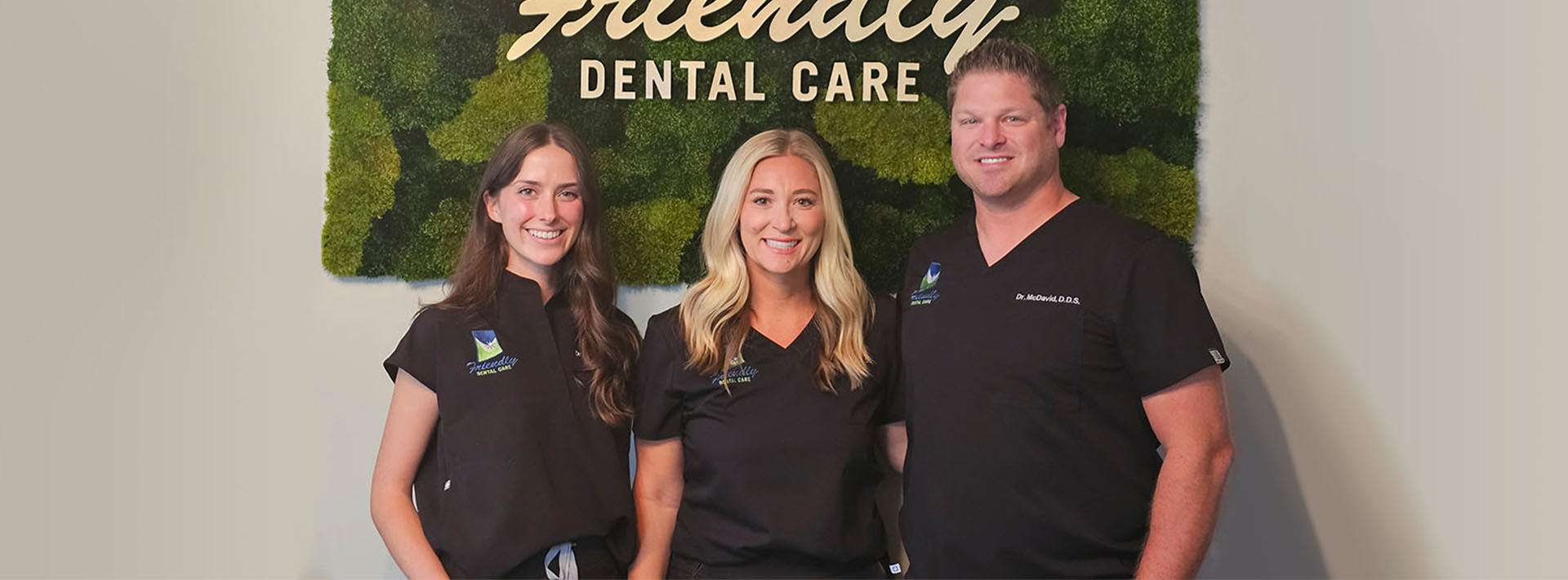
611 N. Broad Street, Lancaster, OH 43130
(740) 687-6105 | Appointments
(740) 687-6105 | General Information

We want you to know that we understand your concerns and you can depend on the full support of our team for help. We offer sedation dentistry to quiet your fears and boost your courage. There are various methods for achieving the appropriate level of sedation, and your options will be based upon your health and the extent of your anxiety.
Sedation dentistry can help you to overcome your fears, making your dental procedure more pleasant than you may have previously imagined.
When selected and administered properly, sedation dentistry can help you to overcome your fears, making your dental procedure more pleasant than you may have previously imagined. There are several methods for achieving satisfying levels of comfort:
Contact our team today to learn more about making your upcoming visit as soothing as possible.
Dental anxiety and phobia is a severe dental fear that can keep people from seeking even routine treatment, such as dental exams and cleanings. It can result from a previous negative experience with a dentist or from buying into misperceptions fed by others around you.
Unfortunately, dental fear and phobia can result in a vicious cycle, as delaying routine care makes it more likely that a patient will experience an urgent issue requiring treatment that could reinforce the dental phobia. Fortunately, sedation dentistry can help patients who suffer from dental anxiety and phobias to access the care they need in a relaxed setting.
Conscious sedation for dental work allows patients to achieve a deep state of relaxation that feels almost sleep-like, although the patient does remain awake while under the effects of the sedative agents. This approach helps patients overcome dental fears in order to receive necessary treatments, and because they are conscious for the duration of the appointment, they are able to respond to commands and requests from the dentist.
Conscious sedation also eliminates the need for artificial airway maintenance used with general anesthesia, and the patient is monitored for signs of distress throughout the appointment. Conscious sedation can be achieved with oral medications or nitrous oxide, and you should discuss your sedation options with your dentist to choose the method that best meets your needs.
“Laughing gas” is the common term for nitrous oxide, which is a colorless gas inhaled by patients to help them relax. Nitrous oxide is administered to the patient throughout the appointment, and its effects are reversed quickly afterward. This is one of the safest sedation options available to patients, although its effects may be too mild for it to be effective for certain procedures. Feel free to ask our dental team if laughing gas would be a good choice for you.
The cost of sedation dentistry will depend on the sedation delivery method chosen by the patient. Because it is considered a supplemental service, dental insurance providers often do not cover sedation. We will review the costs of sedation dentistry with you in more detail at your consultation.